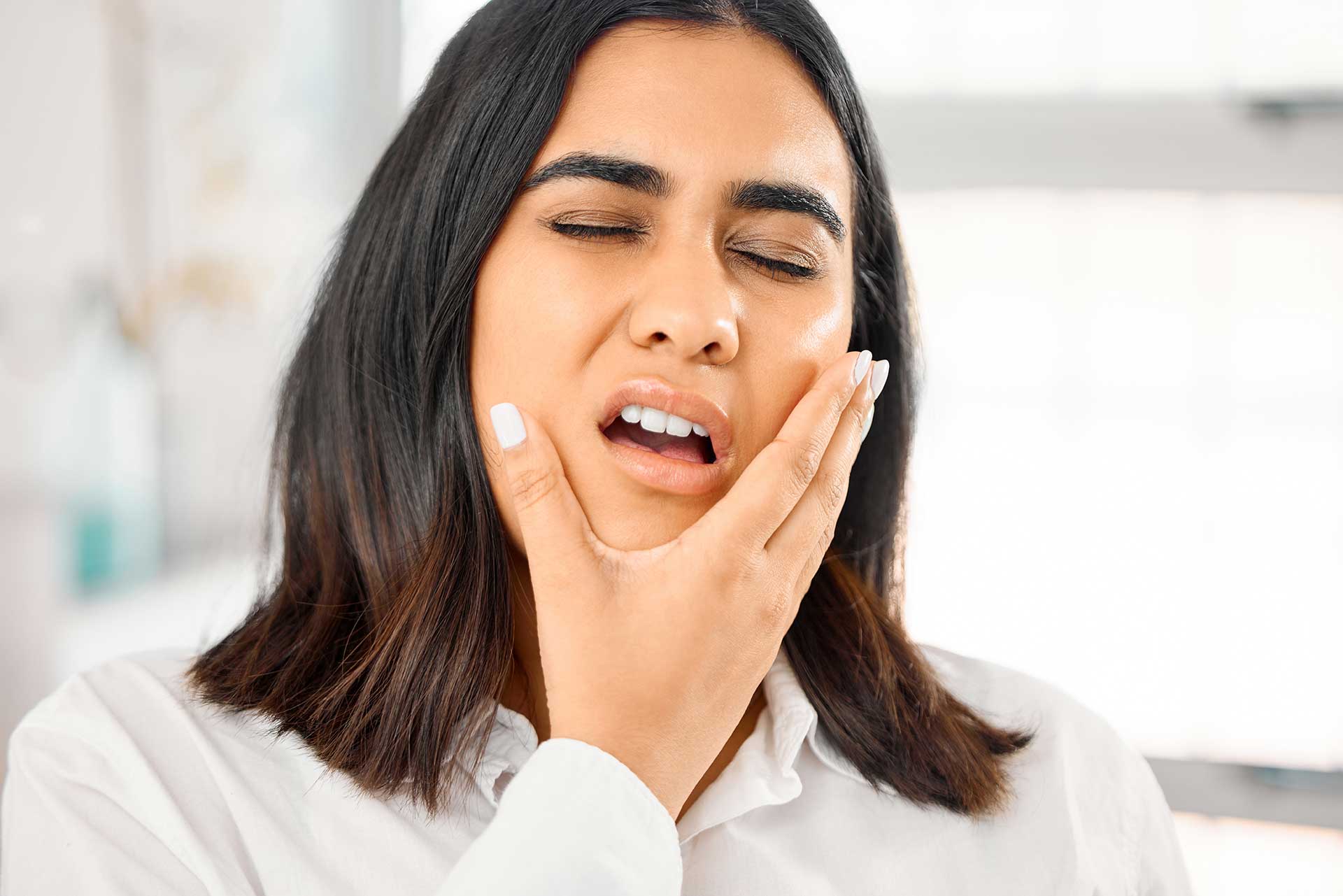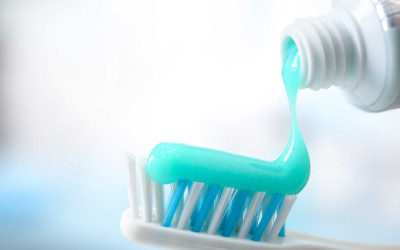Stress and Teeth: The Impact of Daily Life on Your Oral Health

Stress and Teeth: The Impact of Daily Life on Your Oral Health
- 31 July 2024
- 4376 views
Discover the relationship between stress and teeth and take precautions. Read our expert tips for healthy teeth and start implementing them today!
This content is for informational purposes only and does not replace medical advice, diagnosis, or treatment. Please consult a healthcare professional for any health concerns.
Table of Contents
The hustle and bustle of daily life, workload, social relationships, and personal responsibilities make stress inevitable. However, stress has many negative effects on our overall health. Our dental health can also be adversely affected by stress. So, what is the relationship between stress and teeth?
The Relationship Between Stress and Teeth
Stress can cause several negative effects on teeth. These effects generally include:
- Bruxism (Teeth Grinding and Clenching): One of the most common effects of stress on teeth is bruxism. Bruxism is the involuntary grinding and clenching of teeth, usually during sleep. This can cause wear on the tooth enamel, tooth sensitivity, and even fractures. Additionally, it can lead to pain in the jaw muscles and temporomandibular joint (TMJ) issues.
- Gum Diseases: Stress can weaken the immune system, leading to gum diseases (periodontal diseases). Conditions such as gingivitis and periodontitis are more common in individuals under stress. These diseases can have serious consequences, including tooth loss.
- Dry Mouth: Stress can reduce saliva production, causing dry mouth (xerostomia). Saliva helps clean bacteria from the mouth, preventing tooth decay and gum disease. Therefore, dry mouth increases the risk of tooth decay and can cause bad breath.
- Aphthous Ulcers: Stress can cause painful sores in the mouth known as aphthous ulcers (canker sores). These sores can make eating and speaking uncomfortable and can hinder oral hygiene.
- Eating Habits: Stress can lead to unhealthy eating habits. Consuming sugary and acidic foods and drinks can cause tooth decay and erosion. Additionally, individuals under stress may be prone to frequent snacking, leading to constant exposure of teeth to acids and sugars.
Signs of Stress Impacting Teeth
The relationship between stress and teeth shows that stress can negatively affect dental health. How can you tell if stress is affecting your teeth?
- Tooth Pain and Sensitivity: Grinding and clenching can cause tooth pain and sensitivity. If you wake up with jaw pain, it might be a sign of bruxism.
- Jaw Muscle Pain: Constant pain and fatigue in the jaw muscles can indicate a habit of clenching teeth.
- Tooth Wear and Fractures: If you notice wear or fractures on the surfaces of your teeth, this could be a result of bruxism.
- Gum Bleeding: Gum bleeding can be a sign of gum disease.
- Dry Mouth and Bad Breath: Dry mouth and bad breath are signs of reduced saliva production.
- Aphthous Ulcers: Frequent sores in the mouth can be a result of stress.
Ways to Reduce the Impact of Stress on Teeth
To reduce the impact of stress on your teeth, consider the following tips. These tips can help prevent the negative consequences of the relationship between stress and teeth.
Stress Management Techniques
- Meditation and Yoga: Meditation and yoga are effective methods for reducing stress. These activities calm the mind and relax the body.
- Regular Exercise: Physical activities increase endorphin release, reducing stress. Regular exercise supports both physical and mental health.
- Healthy Diet: A balanced and healthy diet helps the body cope with stress. Foods rich in omega-3 fatty acids, magnesium, and B vitamins can reduce stress.
- Adequate Sleep: Quality and sufficient sleep are important for lowering stress levels. Paying attention to sleep patterns helps the body rest and rejuvenate.
Oral Hygiene Care
- Regular Brushing and Flossing: Brush your teeth at least twice a day and clean between your teeth with floss.
- Dental Check-Ups: Regular dental check-ups help maintain your dental and gum health. Your dentist can detect signs of bruxism and other dental problems early on.
- Prevent Dry Mouth: Drink plenty of water to prevent dry mouth. Chewing sugar-free gum can also increase saliva production.
Regular dental check-ups and healthy lifestyle habits will help protect both your overall health and your dental health.







